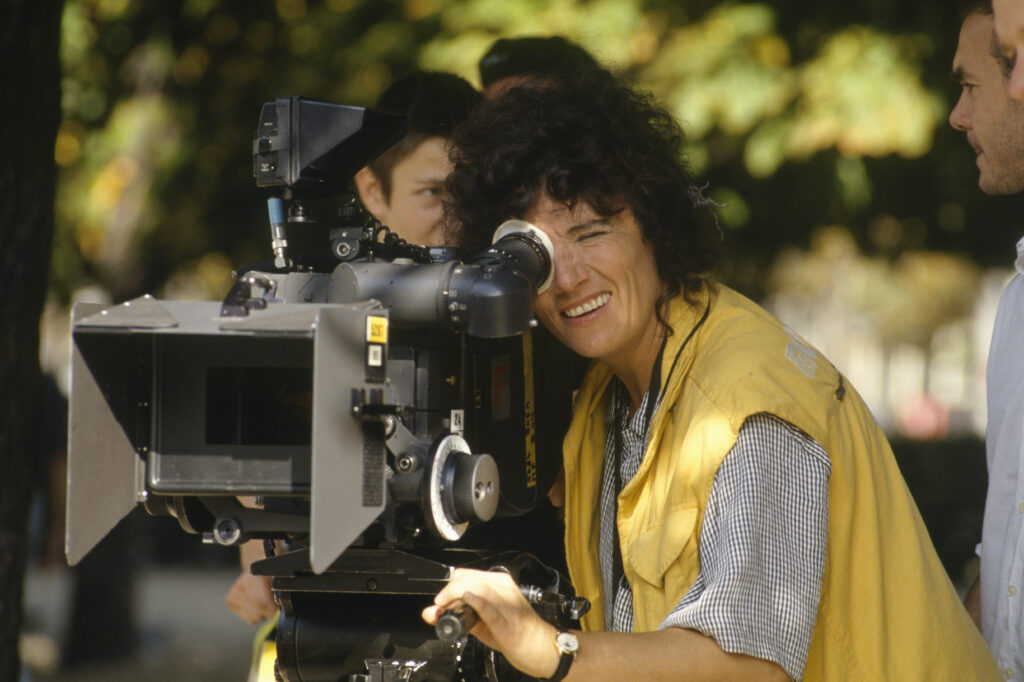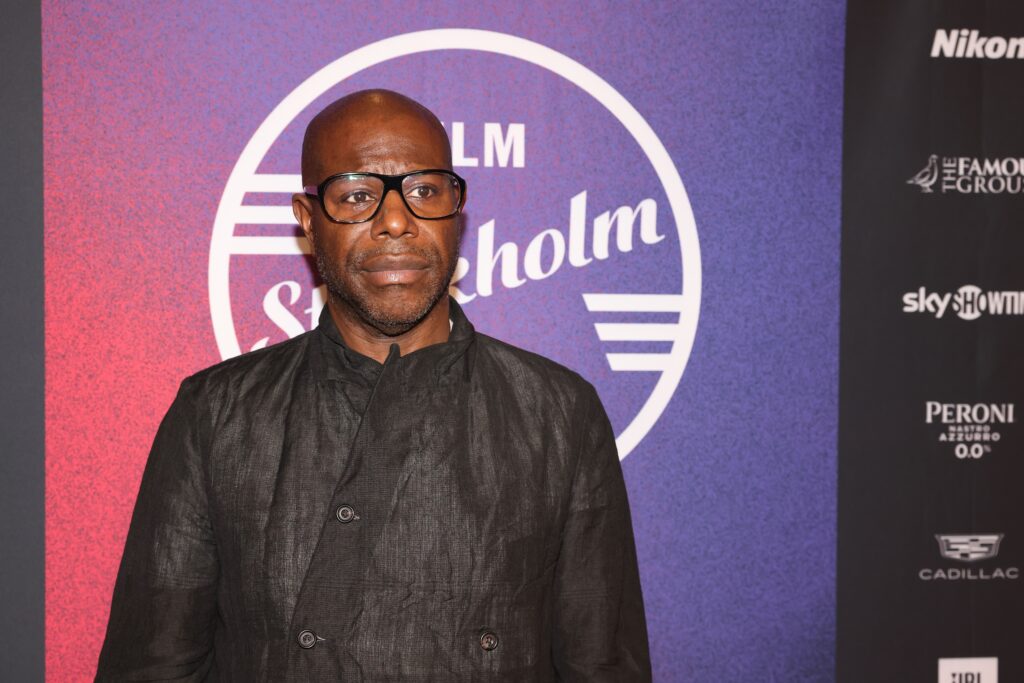A major film festival is facing backlash after its founder sparked controversy with bold remarks, putting Camerimage—a prestigious Polish festival known as a precursor to the Oscars for cinematographers—under fire just as it kicks off in Toruń.
The festival’s director, Marek Żydowicz, found himself on the business side of the industry’s disapproval after he penned a column published in the industry magazine, Cinematography World.
In light of the founder’s contentious opinions, the festival’s programming faces increased scrutiny and accusations of significant “blindspots.” The point of contention pertains to a troubling disregard for gender diversity and inclusivity.
The criticism has sparked widespread calls for accountability, with many urging the festival to prioritize more balanced and inclusive programming and to address any potential biases underlying the organizers’ decision-making.
What Is the Controversy Behind 2024 Camerimage?
The column at the epicenter of the controversy was written in response to a Change.org petition started by Women in Cinematography, a collective of global industry professionals.
The petition calls for greater representation and inclusion of female directors of photography in the festival programming and consideration for the festival’s Golden Frog Award.
Since the event’s 1993 inception, nearly half of Golden Frog winners have gone on to win Academy Awards for cinematography, including Guillermo Navarro (Pan’s Labyrinth) and Anthony Dod Mantle (Slumdog Millionaire).
The Women in Cinematography’s petition emphasizes Camerimage’s stated mission to honor the art of cinematography.
“Despite women making progress in the field of cinematography across the world, Camerimage has in the past failed to fairly represent their work,” the petition reads. “For too long female cinematographers have been overlooked in the screening programmes and events.”

In response, Żydowicz penned a column, ironically titled Time for Solidarity, that was published in the November-December 2024 issue of Cinematography World.
In it, Żydowicz suggests the inclusion of women’s work would come at the expense of better, more “valuable” work for the sake of “a fanatical revolution that destroys the cathedrals of art and throws out its painting and sculptures.”
“Can we sacrifice works and artists with outstanding artistic achievements solely to make room for mediocre film productions?… Should we reject what is esteemed and valuable just to ‘make space’ for the necessity of social change?” Żydowicz writes. “While EnergaCAMERIMAGE strives to acknowledge the contributions of women in cinematography, it also strives to maintain artistic integrity.”
Żydowicz also criticizes other renowned film festivals, such as Cannes and Venice, for “succumbing” to such trends while asserting that Camerimage remains committed to “artistic values.”
Then, in a sharp turn, Żydowicz closes the piece by asking readers to write to the Polish civic government showing support for the construction of a film center in Toruń, Poland.
Based on the column’s reception and the fallout that is still unfolding, odds are the letters in support of the film center didn’t come flooding in.
The Cinematography Community Responds to Żydowicz’s Statement
To say Żydowicz’s column was poorly received would be an understatement.
The British Society of Cinematographers (BSC) posted an open letter that denounces Żydowicz, noting the attitudes he expressed “have damaged the reputation of your festival.”
The American Society of Cinematographers (ASC) and several other cinematographer unions openly endorsed the BSC’s response, which quickly spread online and throughout the industry.
Even Cinematography World—the very magazine that published Żydowicz’s op-ed—distanced itself from the piece after receiving what it describes as “distressing reactions.” The publisher noted that it had signed the Women in Cinematography’s Change.org petition and expressed its willingness to publish a response from the group should they choose to address Żydowicz’s column directly.
“It is our sincerest wish that this matter can lead to a wider debate about diversity and inclusion,” Cinematography World writes.
Several high-profile cinematographers took to social media to chime in with their concerns.
Reed Morano, a cinematographer known for her work on The Handmaid’s Tale, weighed in on Żydowicz’s comments in an Instagram post about her time serving as a jurist at the film festival.
Morano noted that many of the films she found “mediocre”—to the extent that she questions why they were under consideration int he first place—were shot by male cinematographers.
Morano added that she vividly remembers nearly every film shot by women, as they stood out for their quality, and pointed to Camerimage organizers as being influenced by an “old-fashioned way of thinking that even they cannot admit to.”
The Critic’s Response to Criticism
Żydowicz could have addressed the Women in Cinematography concerns regarding the festival’s programming by underscoring industry statistics suggesting women only make up an estimated 15% of cinematographers. By extension, the festival likely receives fewer entries from women, accounting for the gender disparities in the festival’s programming.
He could have emphasized that Camerimage panels would review any qualifying submissions regardless of gender, or pointed to the recent appointment of Cate Blanchett as the Jury President for the Main Competition.
He could have pledged to anonymize all submissions in the review process, ensuring that entries were evaluated purely on artistic and technical merit, removing personal biases from the selection equation.
But Żydowicz left all those options on the table. Rather than taking the criticism, the critic grew defensive.
In a response letter, the only thing Żydowicz apologizes for is everyone else’s “misinterpretation.”
“I am very sorry that BSC misinterpreted my comments,” Żydowicz writes, before doubling down, stating that the only point of difference between his stance and the BSC’s is that he is “trying to uphold priority on artistic values.”
In an attempt at damage control, Żydowicz appears to acknowledge that his words have had an impact on the cinematography community, noting that Camerimage is now partnering with Women in Cinematography for a future collaboration. The details of the collaboration have not yet been shared.
Still, the concessions come across self-interested, primarily focused on promoting his festival and maintaining his status as an authority in the world of cinematography—precisely when his personal biases have been thrust into the spotlight.
In his third attempt at an apology, Żydowicz gets close to taking accountability but again falls short. However, he does acknowledge the backlash, saying, “I hear and support the many voices calling for progress.”
Camerimage’s Uncertain Future
Despite the paper apology, the fallout for Camerimage continues.
One of the event’s high-profile attendees, Academy Award-winning filmmaker Steve McQueen (12 Years a Slave), withdrew his latest film, Blitz, from the festival’s programming and consideration. McQueen also canceled his trip to Toruń, Poland, and will no longer be attending the festival.

McQueen’s withdrawal comes one day before the festival’s opening night—the night Blitz was slated to be screened.
Blitz is one of three finalists for Camerimage’s most prestigious award.
Whether other filmmakers will follow suit in the aftermath of Żydowicz’s scandal remains to be seen.
Something To Aspire To
Żydowicz may see himself as a champion for marginalized communities, and to some extent, his legacy supports this self-conception. Camerimage honors artists from around the world, from various socioeconomic and cultural backgrounds.
But like all of us, he has room to grow. As someone with significant influence in the industry, he must become more aware of his own limitations.
The world of art, in its many forms, is a stage for social idealism and bridging personal experiences that can be difficult to achieve in real society. Art is where humans can connect with experiences different from their own and foster deeper compassion within society. We unite over ideas, expressions, and emotions—a shared human experience.
Żydowicz could approach the Camerimage backlash not as an attack, but as a chance to embrace the opportunity it presents.
After all, personal growth is highest form of art.
Read More: Quentin Tarantino Praises Joker: Folie à Deux Message to Audiences and Hollywood
This article is for informational purposes only. Trendy Matters has no affiliation with any of the brands or people mentioned. The views in this article are that of the author.


